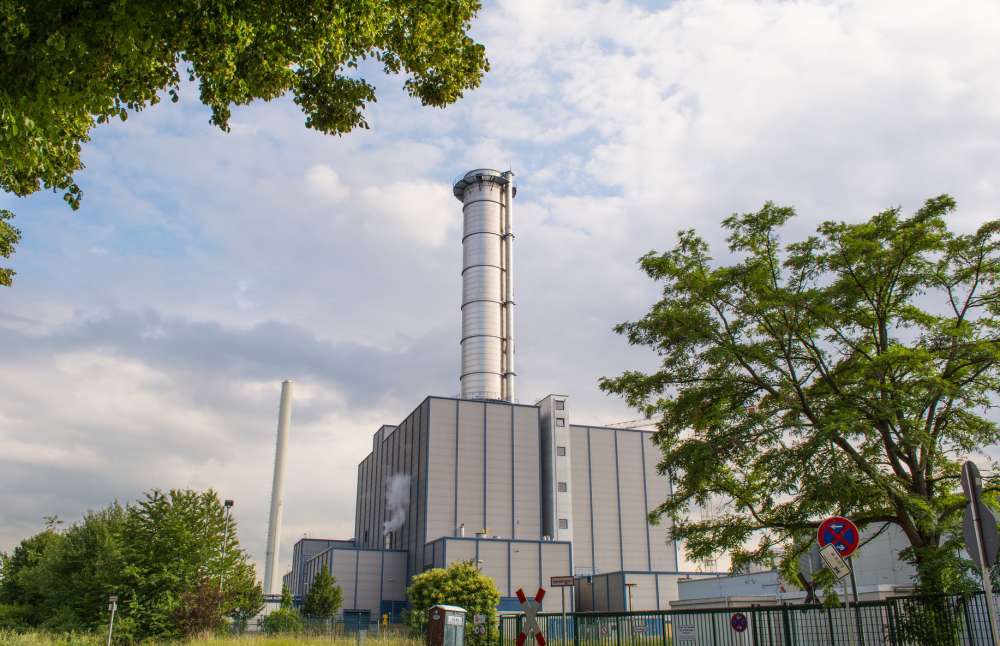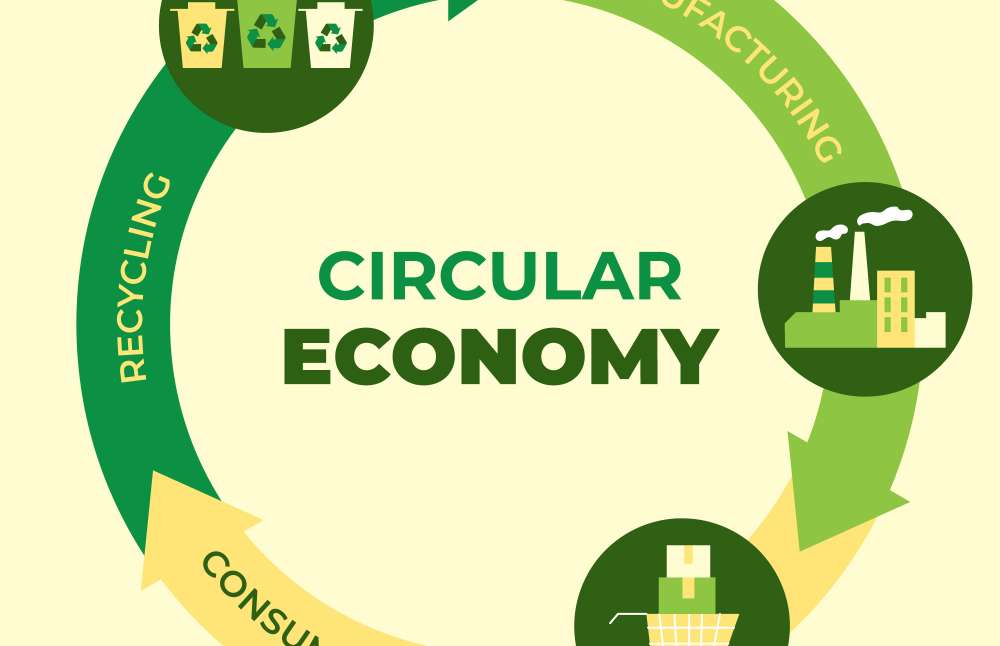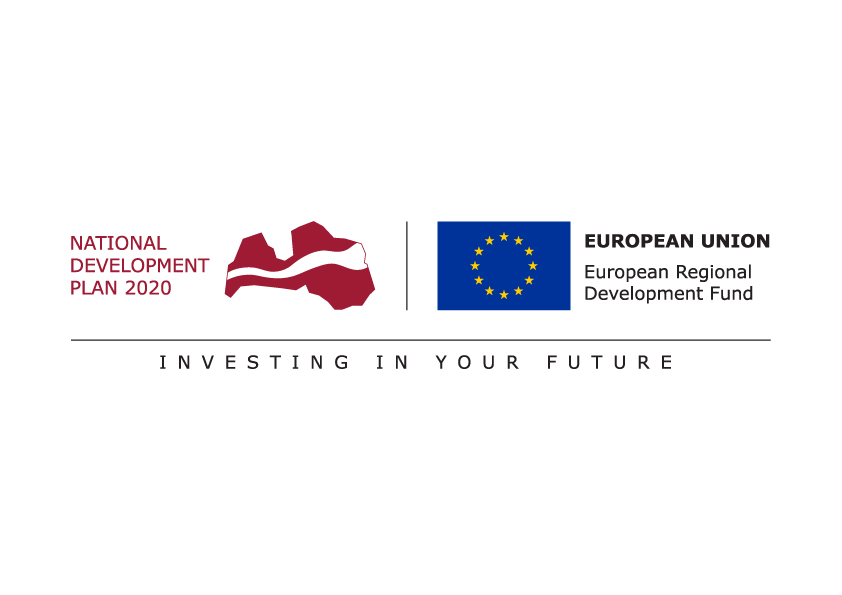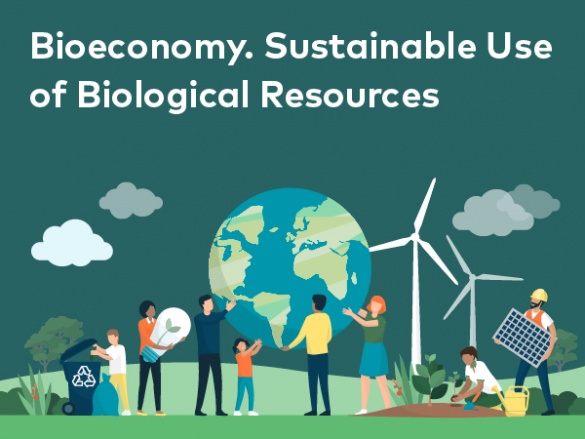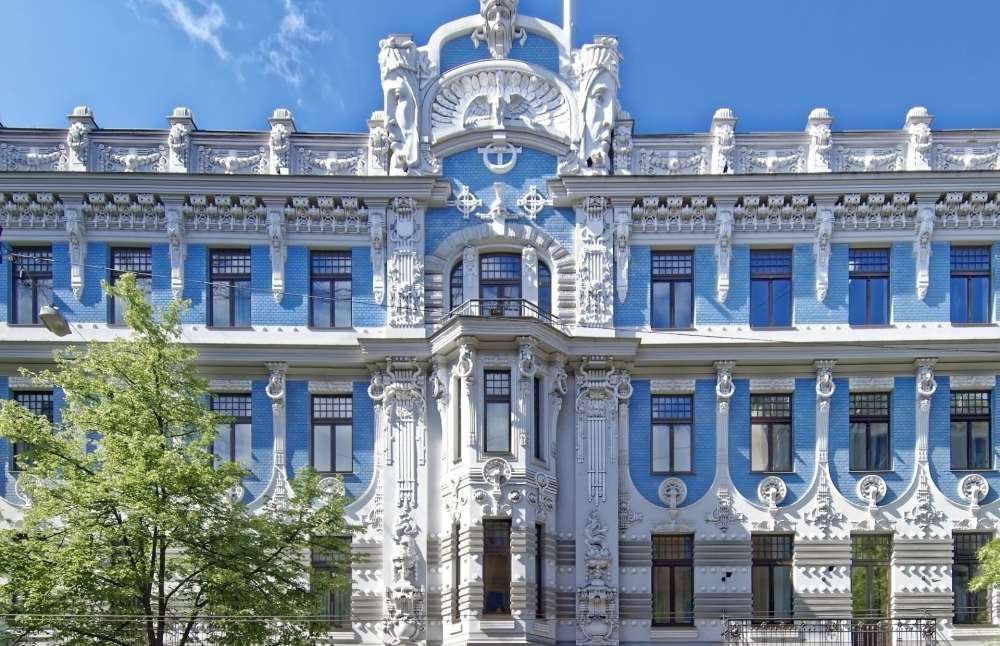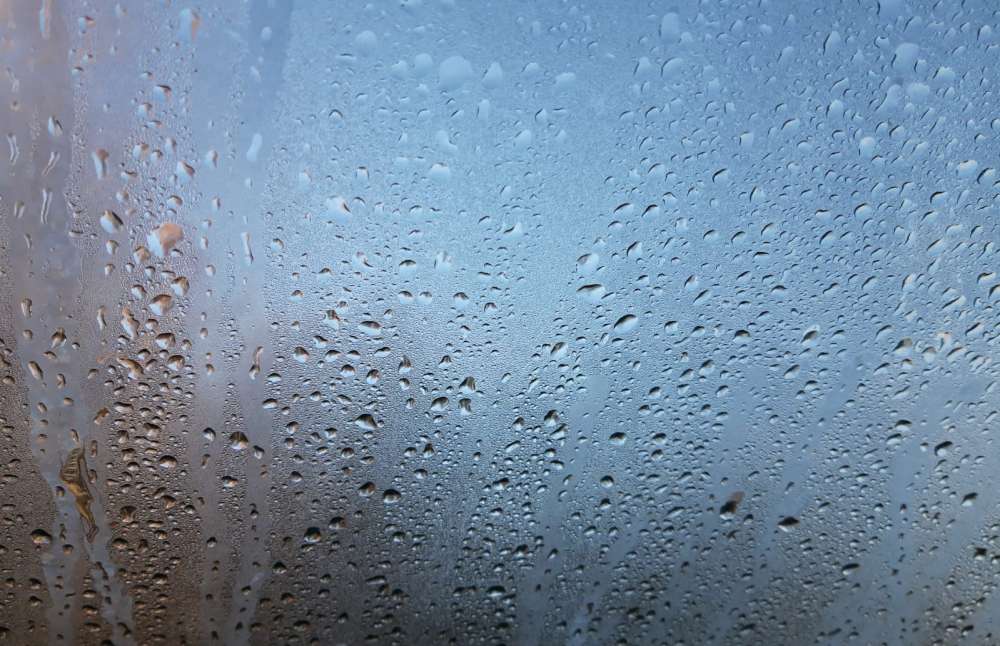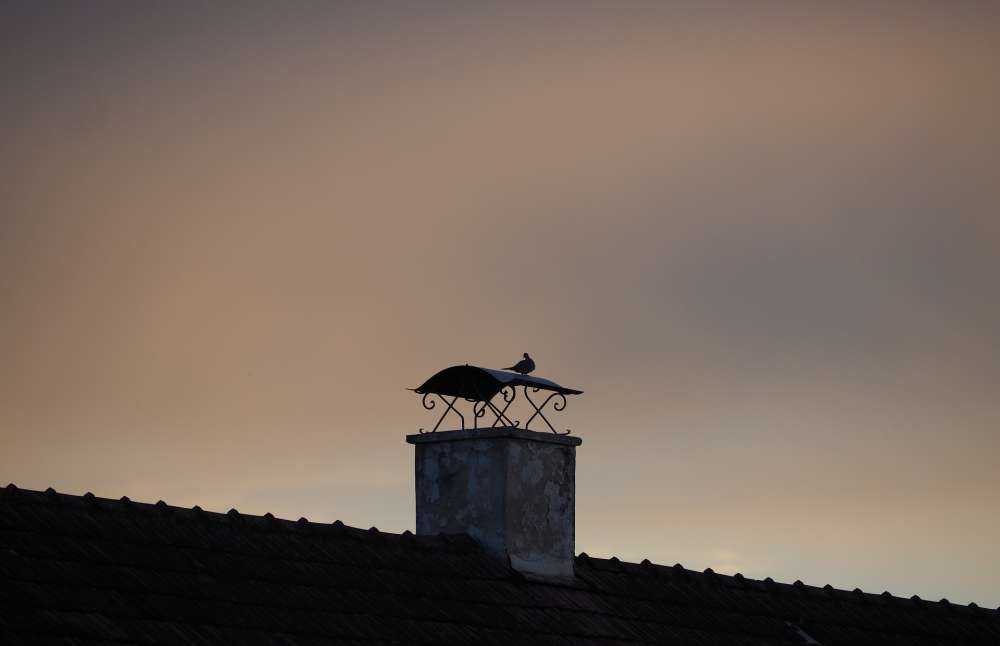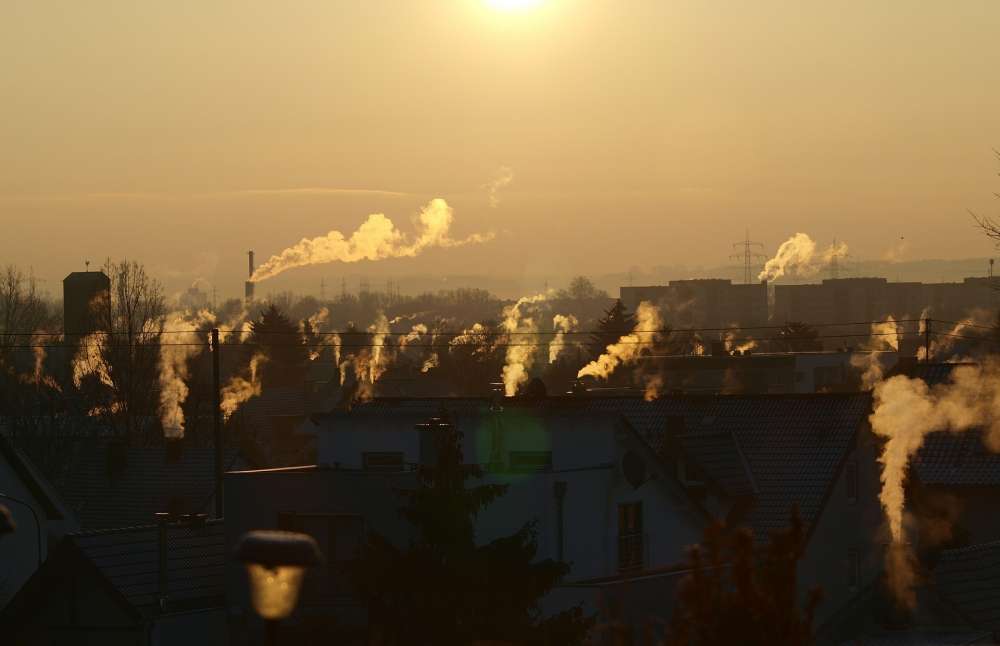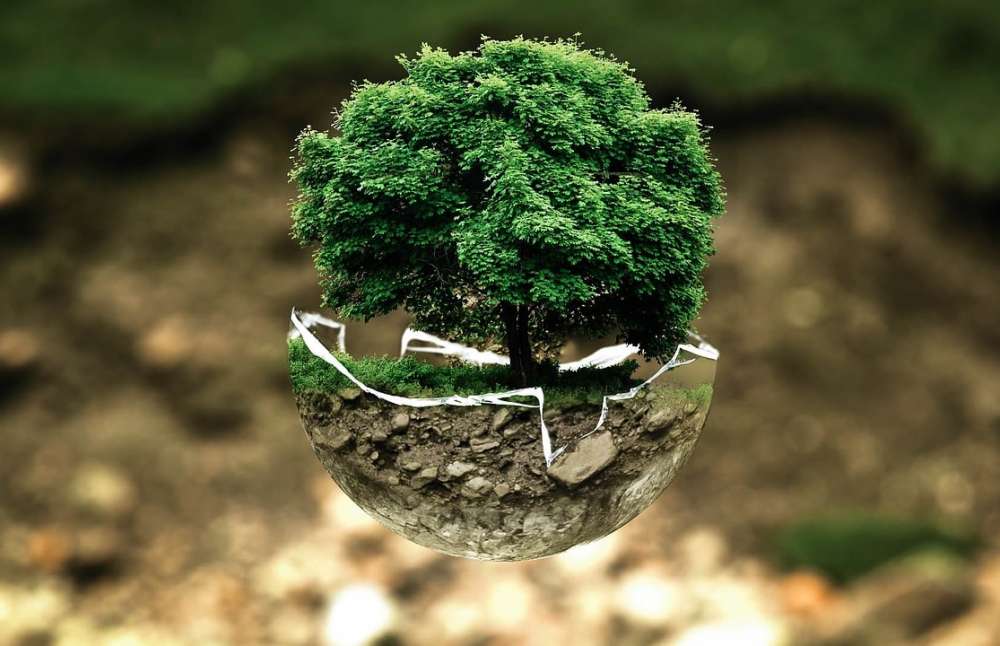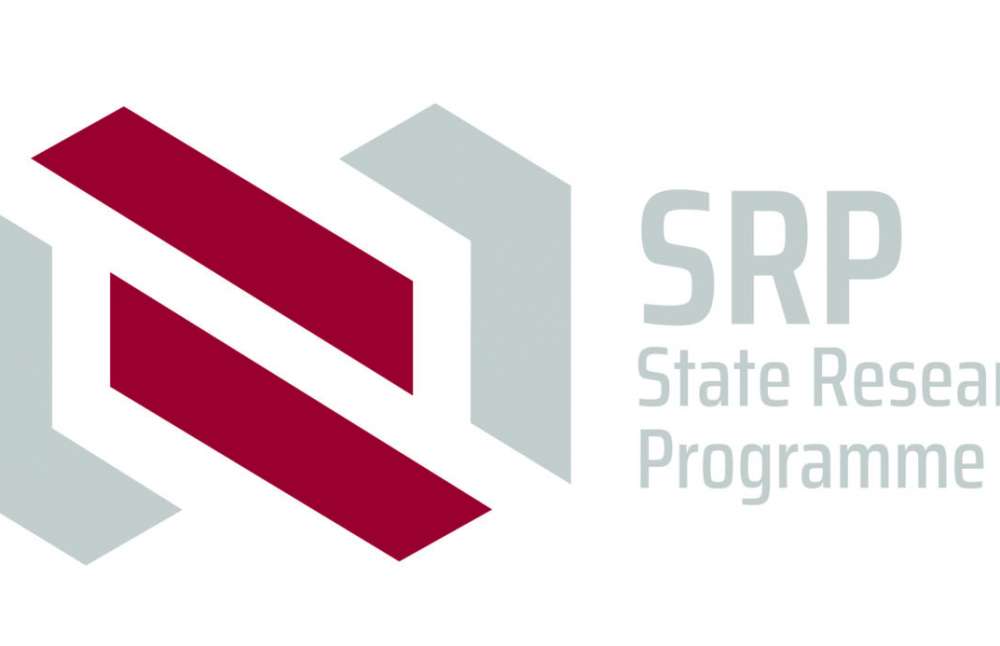
We are starting to implement a project within the framework of the National Research Program “Decision-making support system for achieving climate neutrality goals”
The Institute of Energy Systems and Environment of Riga Technical University, in cooperation with the University of Latvia, Vidzeme University of Applied Sciences, and Riga Stradins University, has launched the project “Climate Neutrality Decision Models in Action” of the National Research Programme “Decision-makins Support System for Achieving Climate Neutrality Goals”, which was launched at the project kick-off meeting on 14 March. The aim of the project is to create a single national decision support tool for achieving Latvia’s climate neutrality goal. The main focus will be on modelling the impact of policy decisions in various sectors – energy, industrial processes, agriculture,.
Read More


